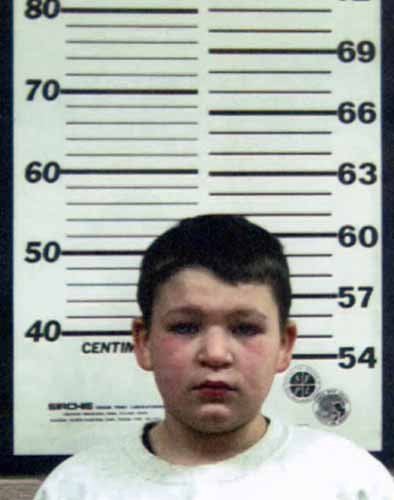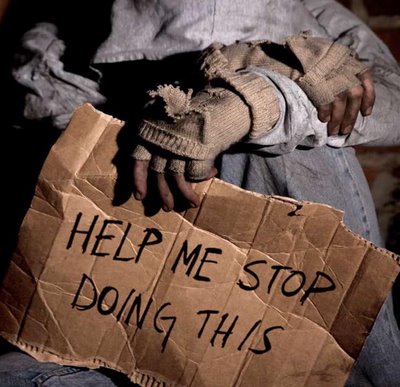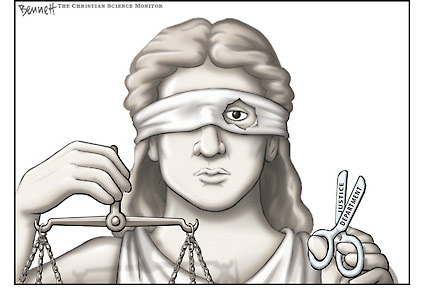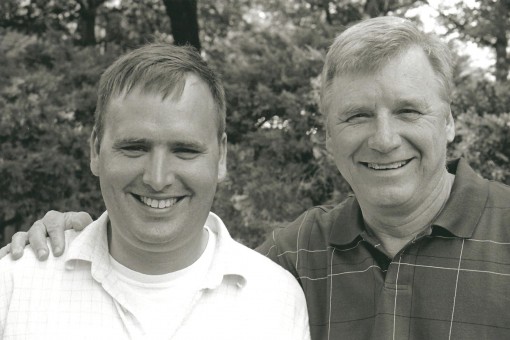Can you imagine what would happen if a newspaper reported that a hospital refused to treat someone suffering a heart attack? What would the public think if a car accident victim was turned away from an emergency room? Yet, according to a recent report by the Virginia Office of Inspector General for Behavioral Health and Developmental Services, at least 200 persons who were having a mental health crisis and met Virginia’s involuntary civil commitment standard because they were dangerous were refused treatment in the Hampton Roads area between April 2010 and March 2011. 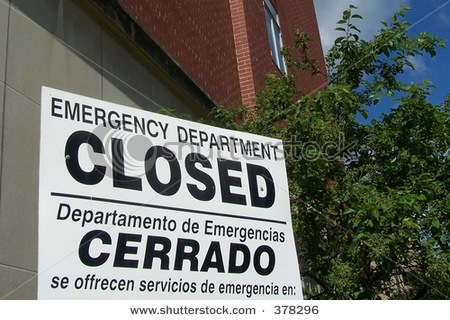
The practice of turning away psychiatric patients in Virginia has become so common that there is a word for it — “Streeting.”
The IG’s report cited an example of a 66-year-old Virginia woman who needed immediate care but was turned away by 15 private hospitals. She then was driven a hundred miles away to a crisis stablization unit only to be turned away there because she did not make it through the unit’s medical clearance process due to lethargy, a medication side effect. Forty-eight hours later she was finally admitted to a hospital emergency room.
She was lucky. At least she finally found a bed.
Where is the community outrage? Why are doctors, mental health professionals, community leaders and elected officials not alarmed?Click to continue…
